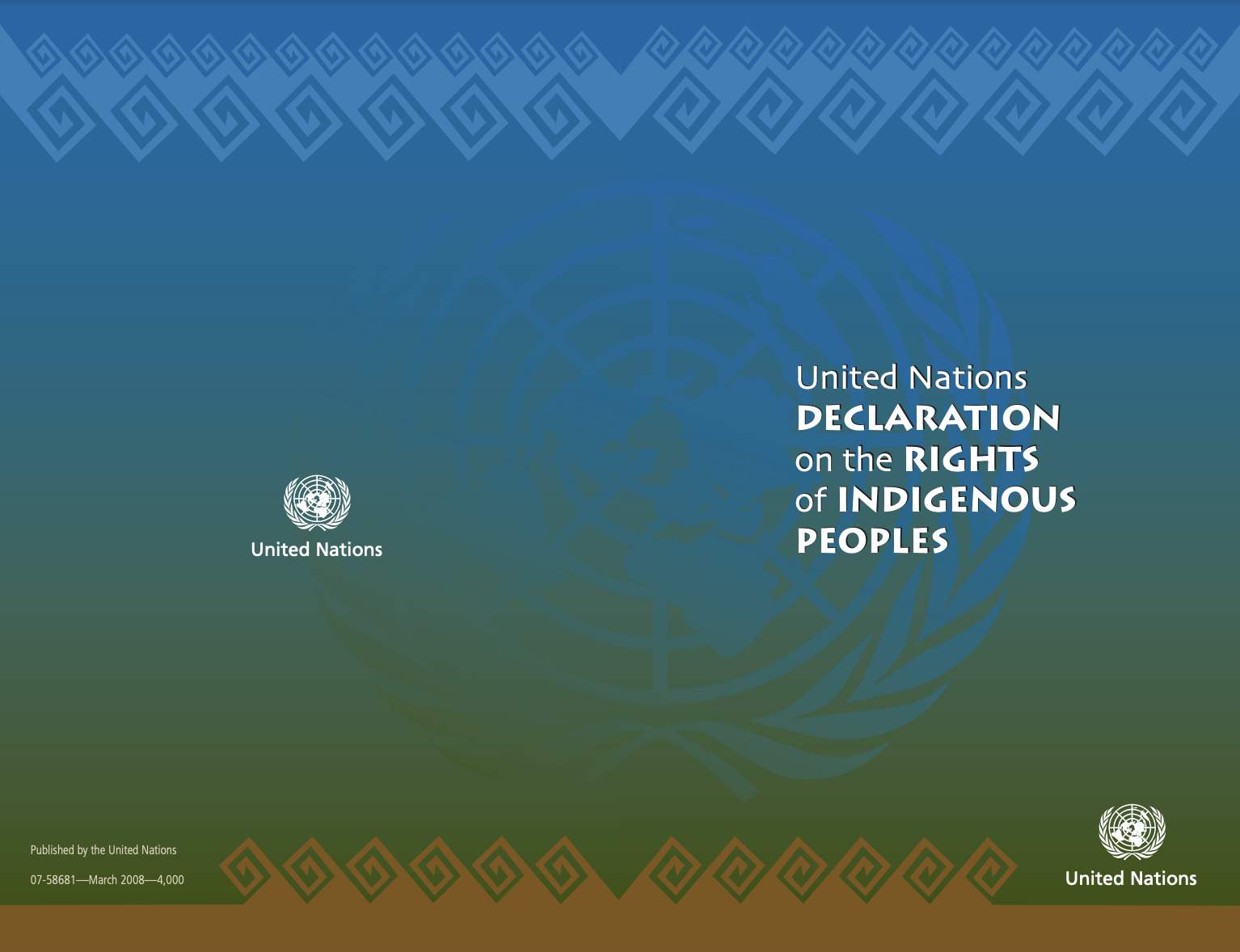UNDRIP
UNDRIP was adopted by the United Nations General Assembly in 2007. The Declaration is an international instrument that recognizes the human rights of Indigenous peoples. UNDRIP expands pre-existing human rights instruments to emphasize and protect specifically the rights of Indigenous peoples.
Canada endorsed UNDRIP until 2010 and has passed legislation to implement the Declaration: UN Declaration on the Rights of Indigenous Peoples Act, 2021. The Act requires the Government of Canada to ensure, in consultation and cooperation with Indigenous peoples, that all laws are consistent with UNDRIP and that Canada prepare and implement an action plan to implement the objectives of UNDRIP.
For the Métis Nation, the Act guarantees that Canadian law will be consistent with Métis rights and the action plan required under the Act holds promise to advance Métis interests, combat injustice and further Métis well-being. Canada has worked with Métis governments and MNC to draft many of the measures of the Action Plan, which was tabled in Parliament in 2023. Canada will be held accountable to implement its commitments under the Action Plan.
The Métis Nation will work with Canada on implementation of the measures contained in the Action Plan toward advancing reconciliation.
More Information
Read Canada’s UNDA Action Plan : https://www.justice.gc.ca/eng/declaration/index.html
Important Documents
Establishing an Indigenous Human Rights Commission and Tribunal
Inuit Tapiriit Kanatami and the Métis National Council co-authored this proposal and provided it to Justice Canada in August 2022 in an effort to secure a commitment in the UN Declaration Act Action Plan to establish an Indigenous human rights commission and tribunal. ITK and MNC continue to advocate for the establishment of such a body through Action Plan Measure 19 of the Action Plan. The proposal discusses the rationale and need for an Indigenous human rights commission and tribunal, and identifies its potential mandate and functions.
The model proposed is structured as a central Indigenous Rights Tribunal mandated to provide recourse and remedy for infringements of Indigenous rights. By adjudicating complaints and appeals of government decisions or actions taken under the authority of federal statutory provisions that have been aligned with the UN Declaration pursuant to section 5 of the UN Declaration Act, the tribunal would create a body of administrative Indigenous rights law with substantive consideration and application of the relevant articles in the UN Declaration.



